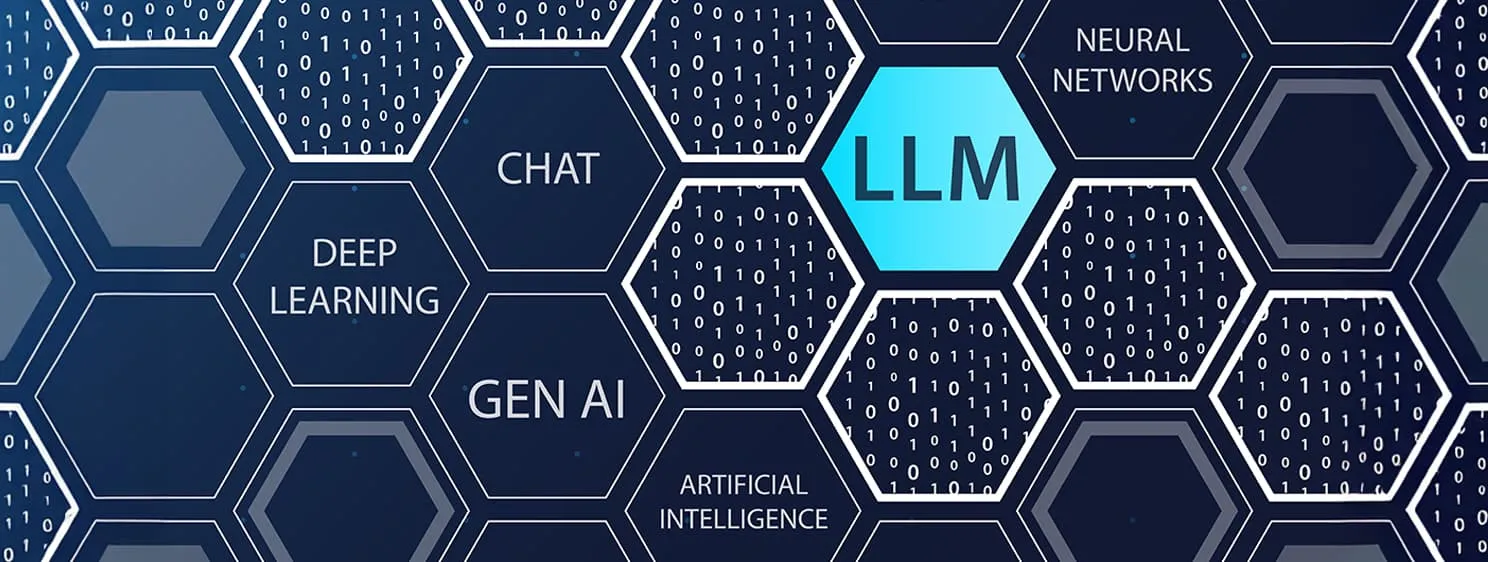|
Getting your Trinity Audio player ready...
|
Throughout the spring and summer of 2020, many block reward miners struggled to say afloat, citing the impact of the COVID-19 pandemic has had on their operations. For most of these companies, the truth is they were in trouble even before coronavirus shut down world economies.
One such example is U.S.-based Hyperblock LLC, a company that shut its doors earlier this year after declaring bankruptcy and leaving some vendors unpaid. Now, one of those vendors has taken the company’s owner to court, alleging the owner concocted an elaborate scheme to keep them from paying the debt for the electricity it consumed.
Energy Keepers Inc. (EKI) filed the lawsuit in the U.S. District Court of Montana against Project Spokane for $3.7 million in unpaid electricity bills. EKI signed the agreement with Project Spokane, but the defendants maintained that the deal transferred to Hyperblock after it purchased Project Spokane’s block reward mining assets in 2018.
Thus, Project Spokane is not responsible for any debt, only Hyperblock.
Hyperblock purchased Project Spokane’s assets for approximately $66 million, despite it only holding $11 million in assets and $6.6 million in liabilities. The suit’s conspiracy claim is based on the fact that Project Spokane and Hyperblock share an owner. It’s reasonable to assume that EKI feels its former client engaged in a corporate level bait-and-switch scheme resulting in them being given the entity that could be sacrificed.
Project Spokane’s attorneys dispute these claims, affirming that EKI approved the agreement’s transfer to Hyperblock. They even note that EKI returned a $1 million deposit and issued a $5 million unsecured credit limit to the Hyperblock.
“EKI approved the assignment of the contracts with its eyes wide open. For EKI to now allege that defendants used Hyper LLC to abuse the corporate form and perpetrate a fraud is disingenuous and patently false,” said a spokesperson for Project Spokane.
“Simply put, there is no evidence that either PS or Walsh used the corporate cloak of Hyper LLC to defeat public convenience, justify wrong, perpetrate fraud, or defend crime,” the spokesperson added.
This month, Project Spokane requested that a Montana federal judge throw out the lawsuit.
If EKI feels jilted, it’s not alone. For every recent story of a large block reward miner placing a bulk order for new hardware, there are probably countless more untold stories of a smaller participant in the industry shutting down, disappearing, and leaving a trail of unpaid invoices in its wake.
The impact the COVID-19 pandemic had on small- to medium-sized businesses cannot be understated. For some industries, that impact wasn’t nearly as catastrophic as the poor business model many within it adopted.
See also: TAAL’s Jerry Chan presentation at CoinGeek Live, The Shift from Bitcoin “Miners” to “Transaction Processors”

 07-02-2025
07-02-2025 





